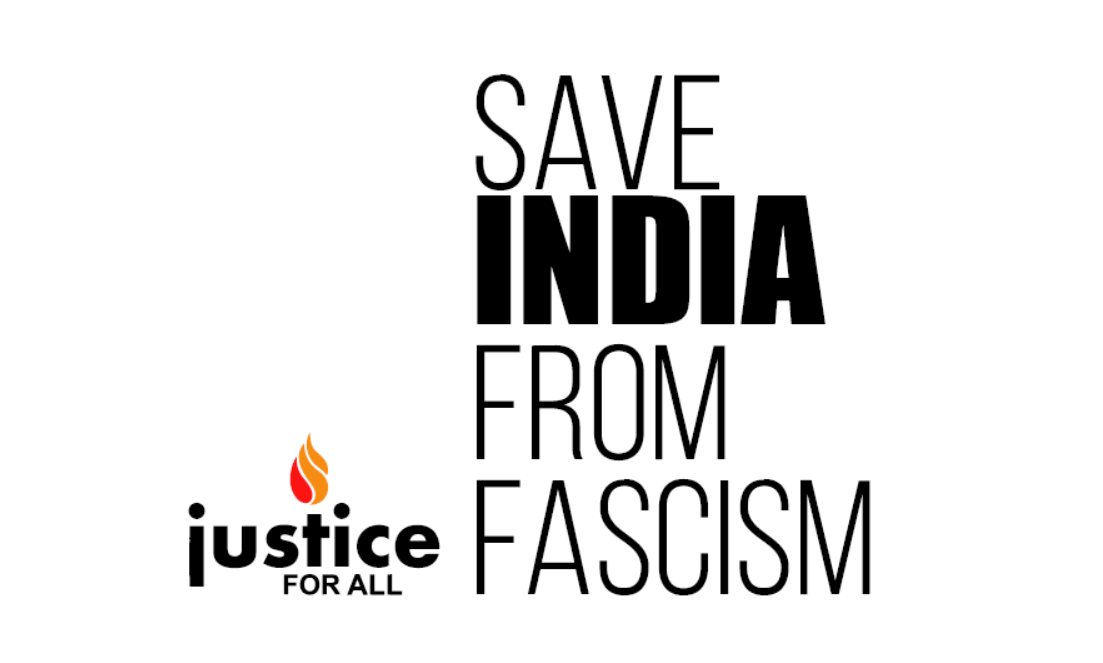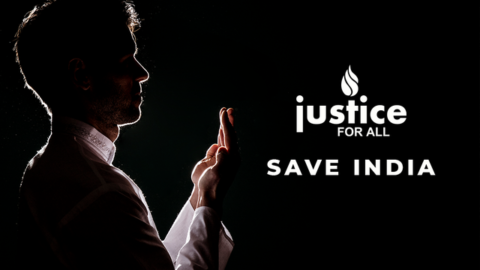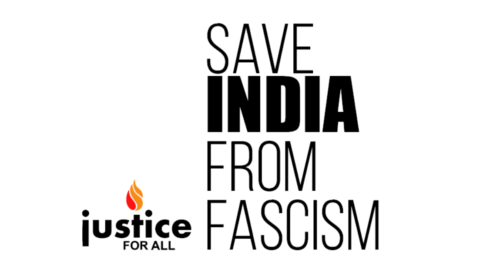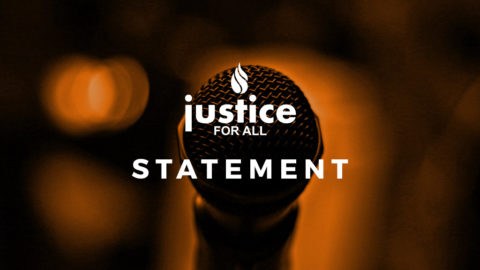HOW: Fill this FORM MAIL page Suggested message: Subject: Urging You to Withdraw from Event…

Statement on Karnataka Hijab Verdict. March, 2022
On March 15, 2022, the Karnataka High Court in India upheld the state government’s order to ban headscarves in classrooms deeming that the hijab is not “essential’ to Islam. The court also upheld the government’s order stating that uniforms must be worn where policies exist, and that there should be no exceptions for the hijab.
The upholding of the headscarf ban will have devastating implications across the country for hijab wearing Muslim girls and women. The Karnataka hijab ban has not occurred in a vacuum but amidst broiling Islamophobia in India. This ruling is a further manifestation of the BJP’s Hindutva agenda to marginalize and oppress Muslims.
Equality, including freedom of religion, choice and expression are fundamental tenets of any democratic society. Millions of Muslim women across the globe wear the hijab to fulfill what they believe to be a divine command. The policing of any woman’s choice of dress, including a Muslim woman’s, is repressive and regressive.
The ban discriminates against students and teachers of the Muslim faith, who have for years donned religious garb such as the headscarf without issue. Adherents of other faiths who don religious symbols such as the turban, sindoor, mangalsutra, and bindi have not been targeted. In upholding the ban, the court discriminates against Muslims and renders a judgment that is unjust and unfair.
The 129-page order quotes passages from the Quran and texts on Islam to argue that the hijab is not an obligatory religious practice. The Karnataka High Court has taken it upon itself to “develop” Muslim religious law against the ethos and values of the Indian constitution. Mainstream democratic practice informs us this is an illegitimate exercise and a bright line never to be crossed. It is akin to a court in a democracy taking it upon itself to say what is the correct interpretation of Christianity and imposing this interpretation on all members of the Christian community. This will not sit well with the community affected and is likely to inflame sectarian differences.
Decisions by seminal international tribunals and courts in almost every democracy affirm that it is not the role of secular courts to adjudicate on religious matters, and in particular to attempt to interpret religious texts.
Multiple court decisions in America, Canada and the European Court of Human Rights have pronounced in unequivocal terms that it is illegitimate for state officials including courts to rule on matters of religious doctrine. The European Court of Human Rights in a litany of cases has affirmed that state officials have a duty to maintain strict neutrality and impartiality vis-à-vis religious communities. For example in the Moldova case, the European Court ruled that where there is a difference in belief, the role of the state is not to choose one belief over another. Most importantly, the state including the courts cannot assess the legitimacy of religious beliefs or the ways in which those beliefs are expressed.
This is part of the enlightenment going back hundreds of years where the English philosopher historian John Locke wrote in the 16th century that the reach of the judge should not extend to religious matters. He wrote that matters pertaining to the soul couldn’t be prescribed by the state. Religion pertains to inward preservation of the mind, which cannot emanate from a judge or from a ruler.
These ideas influenced the writings of Thomas Jefferson when the United States constitution was drawn up giving rise to a core idea in western constitutionalism namely, the idea of a secular state. Under this understanding, the United States Supreme Court in a litany of cases has declared that the government may not place its prestige, authority, and resources behind a single religious belief.
The three-judge bench in Karnataka breached this sacrosanct rule and entered into the religious thicket by pronouncing on what is or is not the essential tenets of Islam.
The court further singled out Muslim women for disparate treatment by holding that allowing Muslim women to wear the hijab in classrooms would hinder their emancipation and go against the constitutional spirit of “positive secularism”. It is most troubling that the court thinks that female students cannot be emancipated because they wear the hijab. Religious symbols of other groups have not been targeted. The animus against Muslim women is clear. Anti-Muslim rhetoric and the propagation of the discriminatory and offensive narrative that all Muslim women are oppressed and need to be “freed’ from wearing the hijab are indicative of the growing trend of Islamophobia in India. This negative stereotyping of Muslims comes directly from the BJP’s Islamophobic playbook.
The world needs to be cognizant of India’s accelerating persecution and marginalization of Muslims.The ban on the hijab, the release of the deceptive Kashmir Files movie, and the public calls for genocide of Muslims, are attempts to instill fear and incite hatred against minority Muslims. While the BJP is targeting Muslim symbols like the hijab today, it could well target Christian symbols or Sikh turbans tomorrow.
Hena Zuberi, Director of Justice for All stated, “I frame this around global Islamophobia, especially after the ‘War on Terror,’ language that started here in the United States. It is being used across the world to target Muslims. It’s being used in Sri Lanka under the Prevention of Terrorism Act, as well as against the Uyghurs and the Rohingya. These are attacks on our basic religious activities. That’s why we should care.”
This verdict sets a dangerous precedent. At a recent hearing on US-India relations in the Senate Foreign Relations sub-committee, Assistant Secretary Donald Lu asserted his trust in the Indian judiciary. That trust has been breached with the Karnataka High Court’s ruling. The US State Department, in upholding human rights worldwide, must take this verdict and it’s dangerous ramifications seriously.
Justice For All



